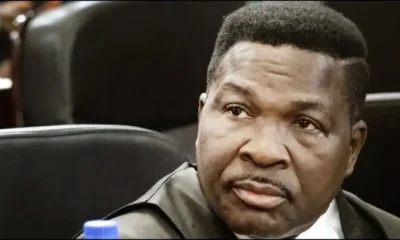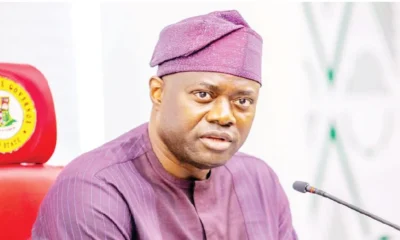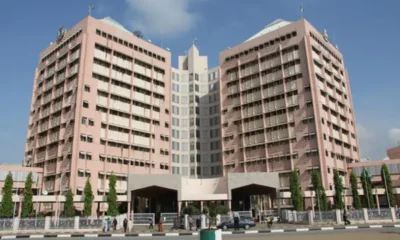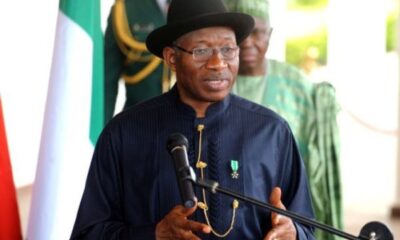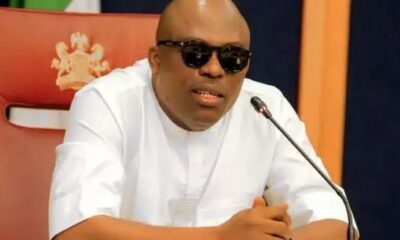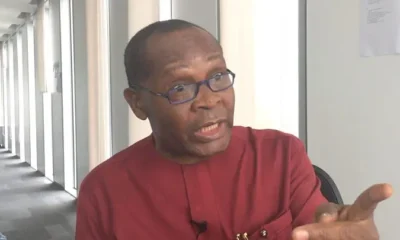Business
Nigeria’s debt crisis nears unsustainable levels – Capital market experts warn
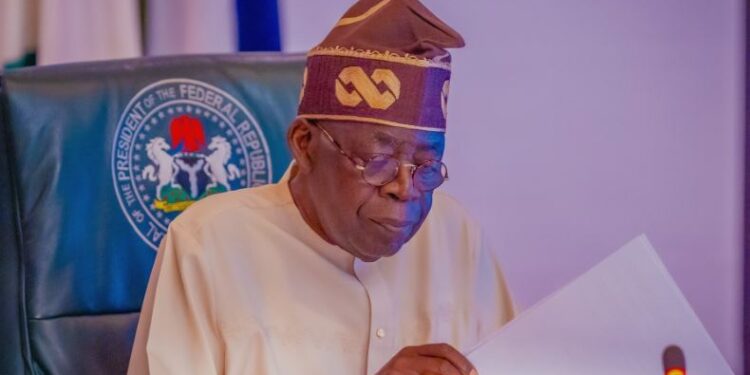
Nigeria’s public debt is edging dangerously close to unsustainable territory, according to capital market specialists who spoke at the Capital Market Academics of Nigeria (CMAN) Q4 2025 Virtual Symposium on November 15.
Despite official indicators suggesting that the nation’s debt-to-GDP ratio remains within acceptable global thresholds, analysts warned that Nigeria’s debt trajectory is becoming increasingly fragile due to weak revenues, rising debt servicing costs, and persistent structural inefficiencies.
Mounting fears over debt sustainability
Panellists, including Dr. Tope Fasua, Dr. Ibrahim Natagwandu, Prof. Bright Eregha, Dr. Musa Baba, and Prof. Bongo Adi, unanimously cautioned that Nigeria’s debt service-to-revenue ratio has reached alarming levels.
They attributed this strain largely to sluggish fiscal performance, a depreciating currency, and the government’s heavy dependence on short-term domestic borrowing.
They further noted that the nation’s true liabilities may be significantly understated. Extra-budgetary commitments, private-sector-related obligations, and unreported contingent liabilities pose long-term risks that could undermine the government’s fiscal stability.
Session chairman, Prof. Wilfred Iyiegbunwe, likened the current scenario to the pre-2005 period that eventually necessitated the Paris Club debt relief. He warned that without intellectual rigour and evidence-based planning, Nigeria could once again face a crippling debt overhang.
Strict enforcement of medium-term debt strategy
The capital market experts emphasized that Nigeria’s Medium-Term Debt Strategy, designed to lengthen debt maturities, reduce interest-rate exposure, and manage refinancing risks, must be fully implemented. Borrowing, they insisted, should be restricted to projects that generate measurable economic returns rather than recurrent expenditure.
They urged the government to rebalance the existing 50/50 domestic–external debt mix to reduce exchange-rate vulnerabilities, gradually eliminate Ways and Means financing, and strengthen the tracking of contingent liabilities.
In addition, speakers advocated for greater reliance on Public–Private Partnerships, innovative borrowing instruments such as Sukuk and Green Bonds, and more rigorous cost–benefit or value-for-money assessments before committing to new loans.
Revenue expansion as cornerstone of stability
A dominant theme was Nigeria’s chronically low revenue base, with tax revenue standing at about 10% of GDP compared to the African average of 20%. The experts agreed that without expanding non-oil revenues, Nigeria’s debt burden will continue to deteriorate.
Government initiatives such as the Revenue Assurance and Optimisation Programme (RevOp), the central billing system, and the Federal Treasury Receipts System were described as positive, but insufficiently implemented. Improved transparency, stronger compliance, and increased public trust were identified as crucial elements required to expand fiscal space.
Driving structural transformation and productive borrowing
The forum underscored the need for borrowing to directly support transformative projects, especially in power, transportation, logistics, and digital infrastructure. Analysts argued that Nigeria must pursue double-digit growth, boost export diversification, and improve investment inflows to reduce long-term reliance on debt.
Better monitoring of debt-funded projects, stronger fiscal discipline, and enhanced accountability were highlighted as prerequisites for restoring investor confidence and preventing an escalation of the debt crisis.
Call for fiscal responsibility
Participants concluded with a call for a unified national debt register covering all tiers of government and off-balance-sheet liabilities to prevent unexpected shocks.
Prof. Maryam Abdul, in her closing remarks, warned that unless Nigeria accelerates institutional reforms and boosts domestic revenue, it risks repeating the mistakes that plunged it into previous debt distress cycles. (Nairametrics)
-

 News16 hours ago
News16 hours agoFG Files Criminal Charges Against Ozekhome Over UK Property Saga
-

 Business16 hours ago
Business16 hours agoPetrol war: Importers outpace domestic refineries with 62% supply in 2025
-

 News16 hours ago
News16 hours agoN30bn relief: Oyo cries politics as HEDA drags Makinde to EFCC
-

 Business15 hours ago
Business15 hours agoMDAs Allocate Billions For Stationeries Despite Paperless Operation
-

 Politics14 hours ago
Politics14 hours ago‘Gear Up, Not Give Up’ Amidst Rivers State Turmoil – Jonathan Tells Fubara
-

 Opinion10 hours ago
Opinion10 hours agoPolitics behind failed impeachment attempt of Gov. Fubara
-

 Politics16 hours ago
Politics16 hours ago‘We Don’t Want A Mole’ – Igbokwe Speaks On Atiku’s Son’s Move To APC
-

 Sports16 hours ago
Sports16 hours agoDrama as Senegal beat Morocco to claim AFCON title



